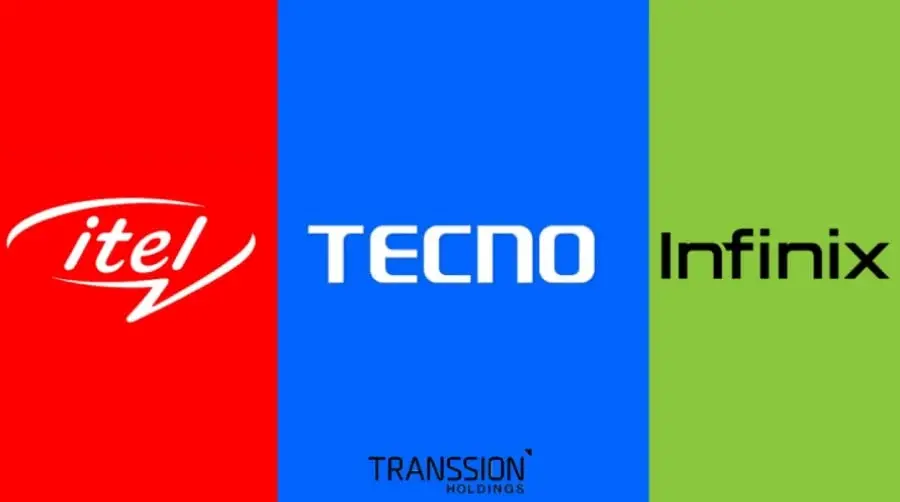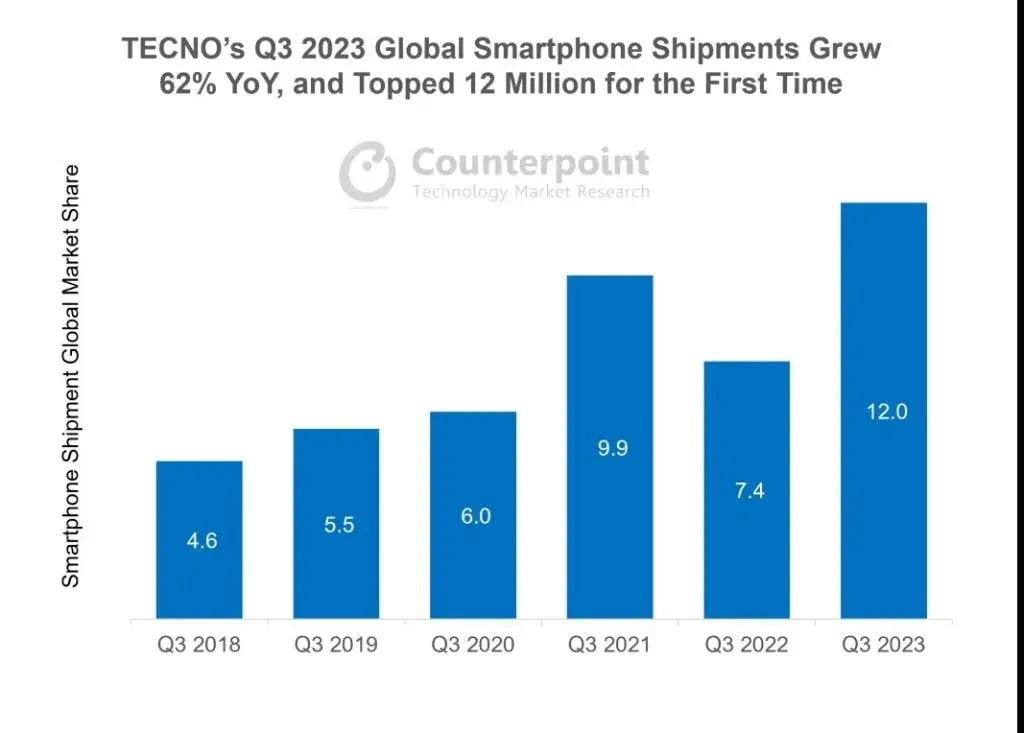In an unexpected development, Qualcomm has initiated legal action against Transsion, the fourth-largest smartphone maker globally, citing alleged infringements on four of its patents.
According to IP Fray on LinkedIn, the lawsuit concerns four unspecified non-standard essential patents owned by Qualcomm. What makes this situation particularly unique is that Transsion does not incorporate Qualcomm’s Snapdragon processors in any of its current smartphone models.
A Different Approach
Qualcomm usually uses its significant influence in the mobile chip industry to negotiate licensing agreements when its patents are breached. However, this approach isn’t applicable to Transsion, which primarily uses processors from MediaTek and Unisoc, as reported by WinFuture.
Despite not utilizing Qualcomm’s chips, Transsion boasts popular brands such as Tecno, Itel, and Infinix. These brands focus on the budget and mid-range smartphone markets, a strategy that has led Transsion to become the fourth-largest smartphone manufacturer globally, following Samsung, Apple, and Xiaomi, according to Statista.
Potential Impact
This rapid growth seems to have attracted Qualcomm’s scrutiny, resulting in this lawsuit over unspecified “non-standard essential patents.” The lawsuit’s outcome is still uncertain, but it could compel Transsion to pay licensing fees, which might significantly affect their already thin profit margins on budget devices.
Qualcomm’s new lawsuit comes amid pressure from other major tech companies. The Financial Times reports that Philips has also sued Transsion, while Nokia is seeking licensing fees for its patented technologies used in Transsion’s phones.
Ongoing Developments
Interestingly, a Transsion spokesperson stated in the Financial Times report that the company has signed a “5G standard patent license agreement” with Qualcomm and asserts that it is meeting its obligations under that agreement. This raises questions about why Qualcomm chose to file a lawsuit if that is indeed the case.
The resolution of this legal battle and its impact on Transsion remains uncertain. We will continue to provide updates as new information becomes available.



